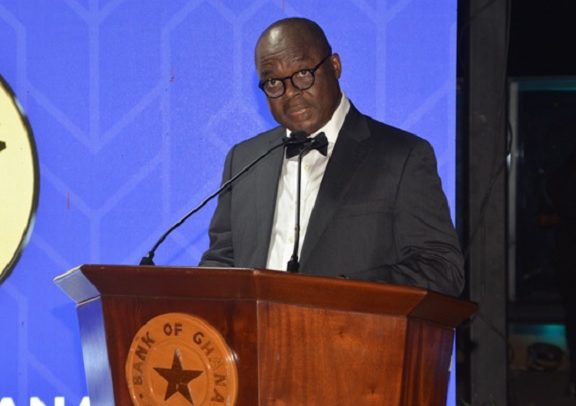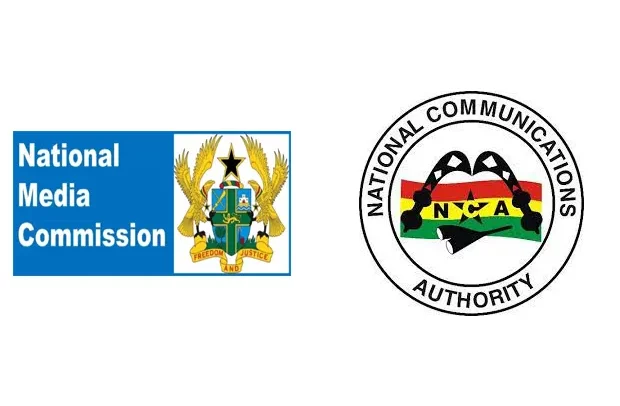
When the economy is in turmoil or facing a financial crisis, maintaining the public’s trust and confidence in the central banking system is essential.
However, Dr. Addison’s poor transparency and communication throughout the present Bank of Ghana issue have harmed public confidence significantly.
The response given by the Governor of the Bank of Ghana in the midst of the economic crisis can be criticized on several fronts.
First off, it is imprudent for the Governor to continue to refuse to step down in the face of escalating protests and requests from the opposition MPs.
He should be held responsible for the bank’s poor management and any bad effects that result from it as the central bank’s director. He is giving the impression that he is unable to accept responsibility for the bank’s decisions by refusing to resign, which is bad for the organization.
Additionally troubling is the Governor’s denial of the opposition’s allegations that the bank has been printing money to support the government’s lifestyle.
There is a lot of public disquiet over the central bank’s conduct, as seen by the opposition MPs’ protests and calls for his resignation. The Governor should be willing to look into these concerns and rectify any potential wrongdoing rather than simply dismissing them.
Thirdly, the Governor’s justification for the bank’s losses in 2021 and the new headquarters in 2019 does not hold up under closer examination.
While it’s possible that the IMF plan required the impairment of debt holdings, the reality remains that the bank incurred large losses.
Regarding the new headquarters, it is challenging to defend constructing a magnificent new structure at a time when the bank was ostensibly successful, especially given the state of the nation’s economy.
He is merely escalating the crisis and undermining public confidence in the institution by refusing to resign, denying the charges of the opposition, and providing weak justifications for losses and expenses.
The Governor’s lack of transparency and engagement with the public and significant stakeholders further undermines trust in the bank.
In order to regain the confidence of the populace, the governor must pay attention to their concerns and address them honestly and openly.
Furthermore, it is troubling that the Governor hasn’t offered a detailed plan for how the bank will get through the current economic crisis and avoid another one. The general public requires assurance that the bank is making efforts to address the problem’ underlying causes as well as a clear plan of action.
In conclusion, it is extremely alarming that the Governor seems to have little regard for how the crisis is hurting ordinary people. The economic crisis has increased unemployment, inflation, and poverty levels for many Ghanaians.
The governor’s response must prioritize the well-being of the people and ensure that any measures taken do not worsen the already appalling living circumstances.
In conclusion, the Governor’s response to the ongoing Bank of Ghana problem is appallingly inadequate and inadequate. The bank’s ability to survive depends on its leadership’s ability to address the crisis’s root causes, encourage transparency and public discourse, and make decisions that prioritize the welfare of all Ghanaians.
By Evans Mawunyo Tsikata
BBA, LLB, MEd, LLM
The post Losing Public Trust: Dr Addison’s communication & transparency issues during BoG crisis appeared first on Citinewsroom - Comprehensive News in Ghana.
Read Full Story



























Facebook
Twitter
Pinterest
Instagram
Google+
YouTube
LinkedIn
RSS